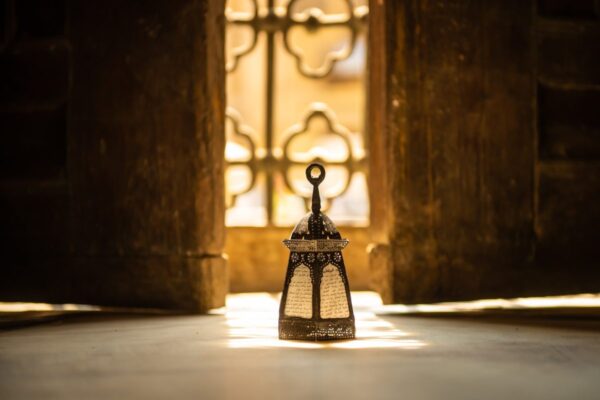In Islam it is haram to read horoscopes, to believe in fortune tellers or psychics or to participate in superstitions. Astrology, magic and fortune telling are forbidden as only Allah knows what the future will bring. But what are the conditions for this? Continue reading below to know all about it.
Contents
Things like astrology, horoscopes and superstitions in Islam
Matters such as astrology, horoscopes, superstitions, magic, fortune telling, but also believing in psychics or fortune tellers are strictly forbidden in Islam. Imperceptible things such as magic and fortune telling are not allowed in Islam. As a Muslim, it is not permissible to believe in persons who claim to be able to do magic or predict the future in any way. Such matters belong to pre-Islamic times. In the meantime, Islam has nullified such things as they belong to idolatry.
Fortune tellers and psychics in Islam
A fortune teller can be described as one who claims to have knowledge of unseen and mysterious things. A soothsayer is called a ‘kaahin’ in Islam, and they are often regarded as henchmen of the jinns (spirits) to predict the future. Psychics are people who claim to be able to locate things by asking certain questions. A psychic is called an ‘arraaf’ in Islam. Islam claims that fortune tellers and psychics can negatively influence the beliefs of Muslims.
Astrology and Horoscopes in Islam
Horoscopes are read by a large portion of the people today. In Islam, an astrologer is called a ‘munadjim’. This is about someone who can predict the future by looking at stars. It is not permissible to engage in such practices, as only Allah knows what the future will bring. It is said that a Muslim who learns about astrology also learns about sorcery and this is haram. Going to an astrologer or believing in horoscope does nothing but rob you of your money and stain Islam.
Astrology in the Quran
In the Qur’an, astrological matters such as the moon, horoscopes, the stars and the sun are often mentioned. The Qur’an is the word of Allah much evidence for this can be found in certain things that have now been discovered that were already in the Qur’an 1400 years ago.
What about superstitions?
Many people believe in superstitions to some degree. For example, think of seeing a black cat, an owl, a crow, Friday the 13th, the number 13 and much more. In the Qur’an, the word superstition only occurs among the enemies of the messengers, not among the messengers themselves. Believing in an evil omen, omen or superstition is considered haram and does not belong to Islam.
Still went to a psychic as a Muslim?
As a Muslim, have you been to a psychic, fortune teller or astrologer? Then 2 scenarios are possible:
- You do not believe in the statement of the psychic, fortune teller or astrologer. The prayer of a Muslim who has come into contact with such matters is not accepted or rewarded for 40 days. You should continue to pray normally during these 40 days and nights.
- You do believe in the statement of the psychic, fortune teller or astrologer. In this case you do not believe in the revelation to Muhammad (saw) and you are contradicting Islam. The Prophet said that whoever goes to a soothsayer and confirms his words denies what has come down to Muhammad. You then immediately fall into disbelief, also called ‘kufr’.
The word kufr comes from the word to cover. They are the ones who cover up the truth/true faith, i.e. don’t want to see that Islam is the truth.
Always keep in mind that you should ask Allah for forgiveness. Allah is forgiving if you as a human being ask for forgiveness yourself and do not return to sin. Believing in people who claim to see the future, to read the stars, they speak empty and worthless words.
As a Muslim, do you feel connected to such things as future predictions, fortune tellers, psychics, magic, astrology, horoscopes and superstition? Then it is customary that you repent to Allah and ask for forgiveness. You should surrender yourself completely to Allah and stay away from these matters. These pre-Islamic things do not contribute to the maintenance of the faith.
* The content of this article has been checked by an expert.






